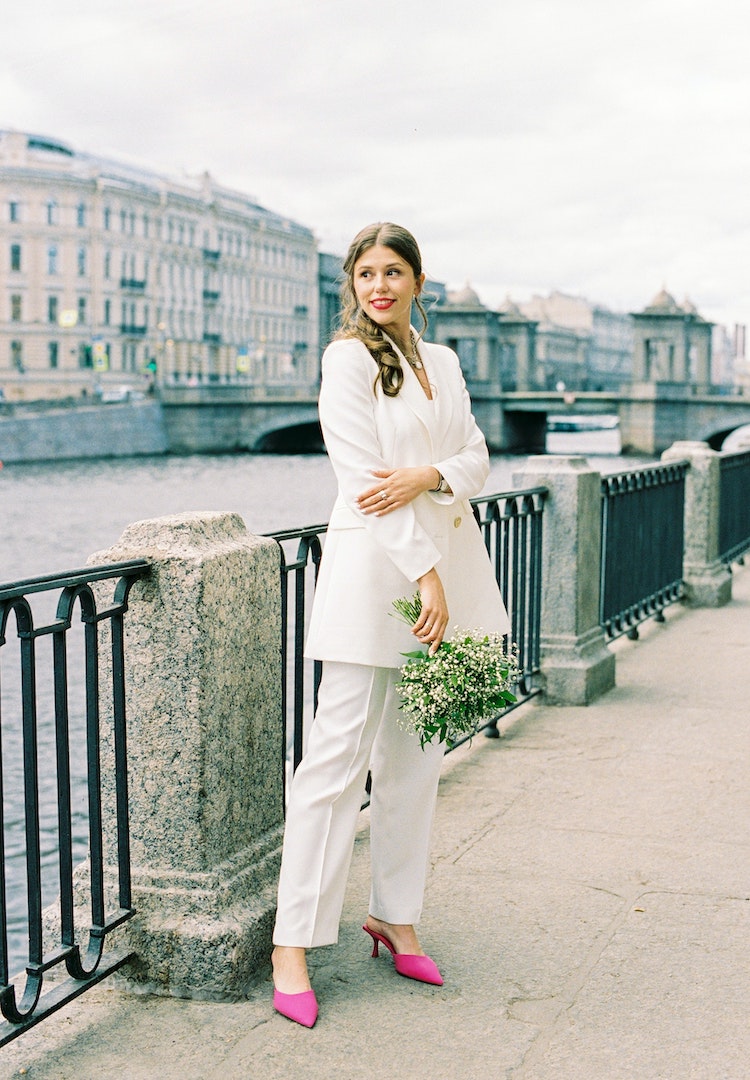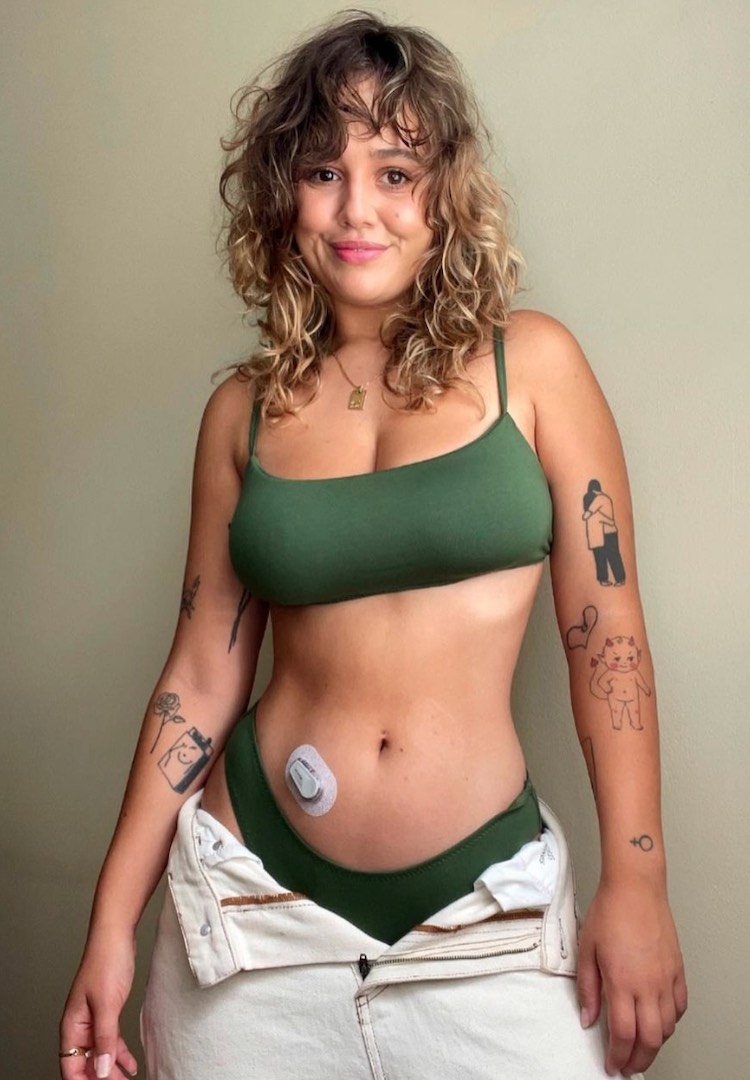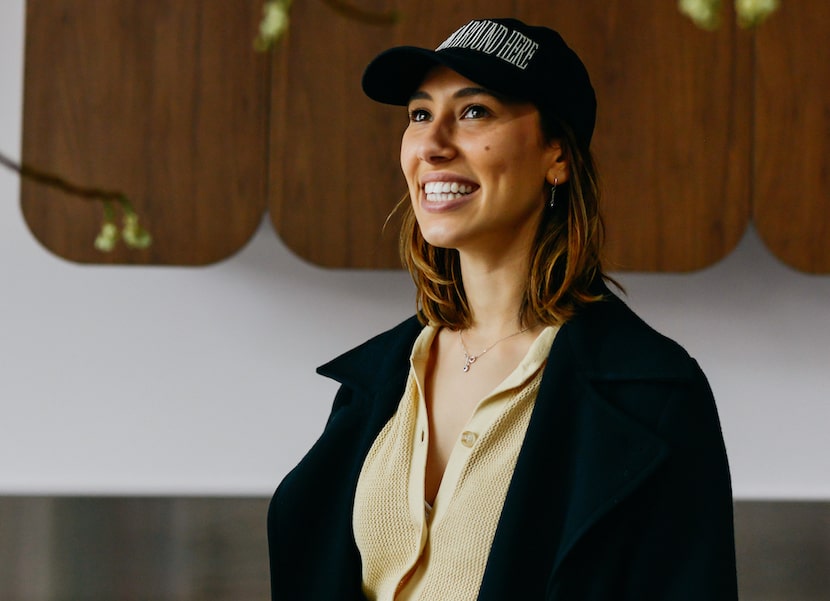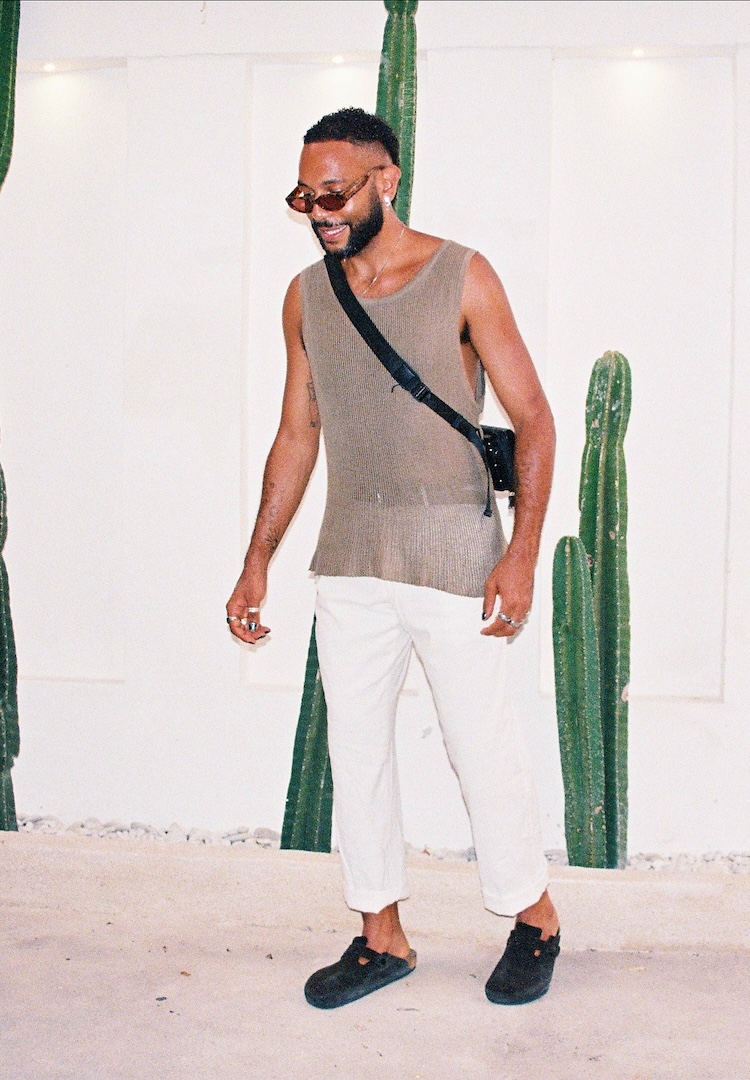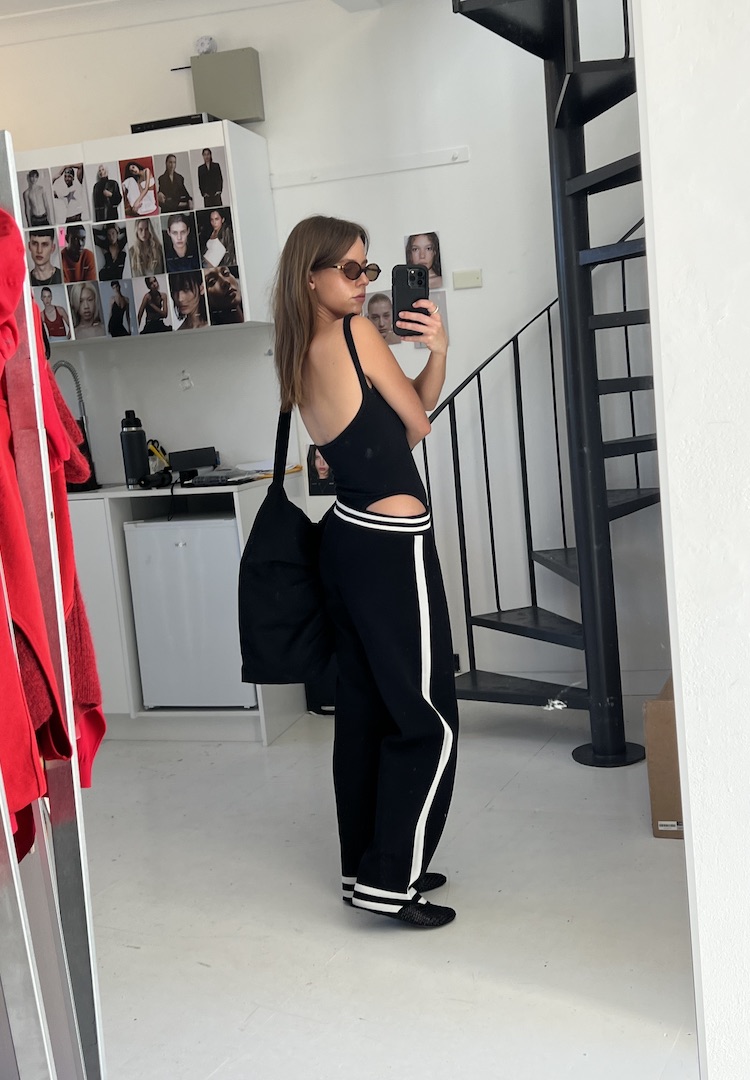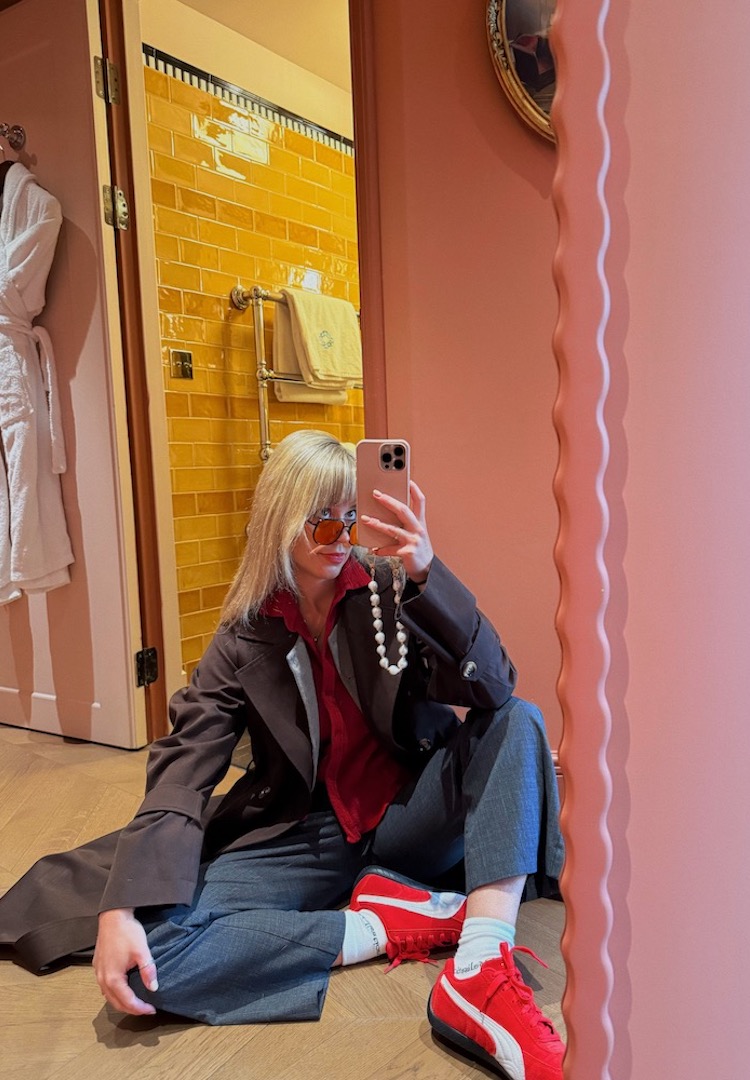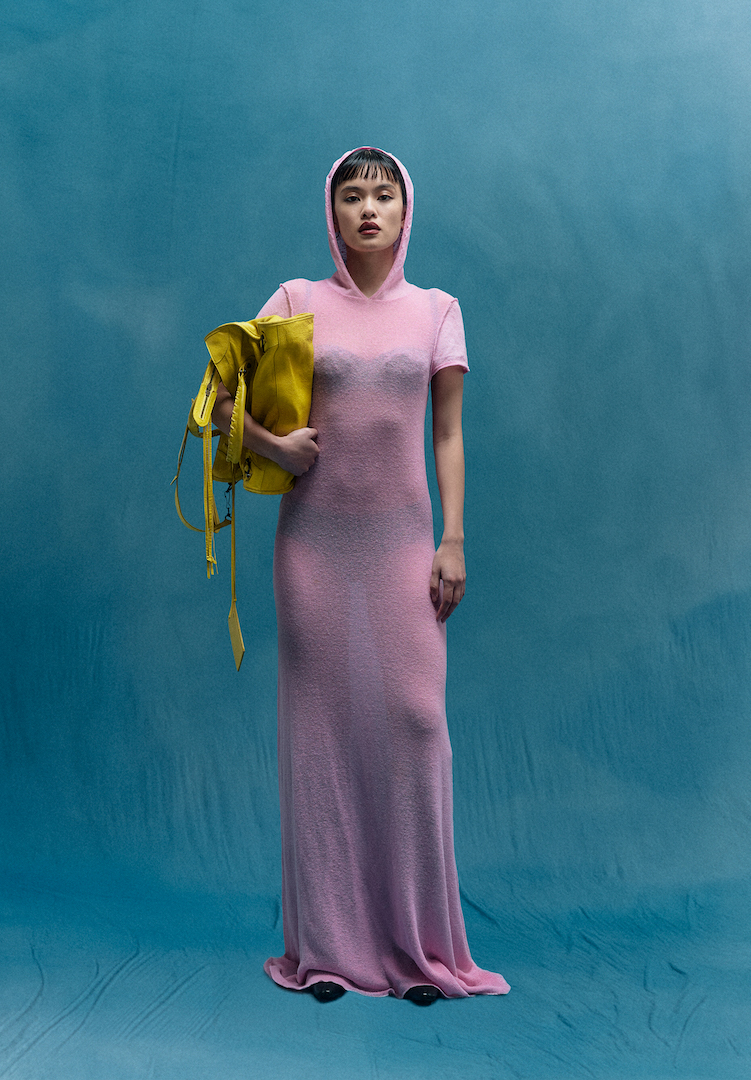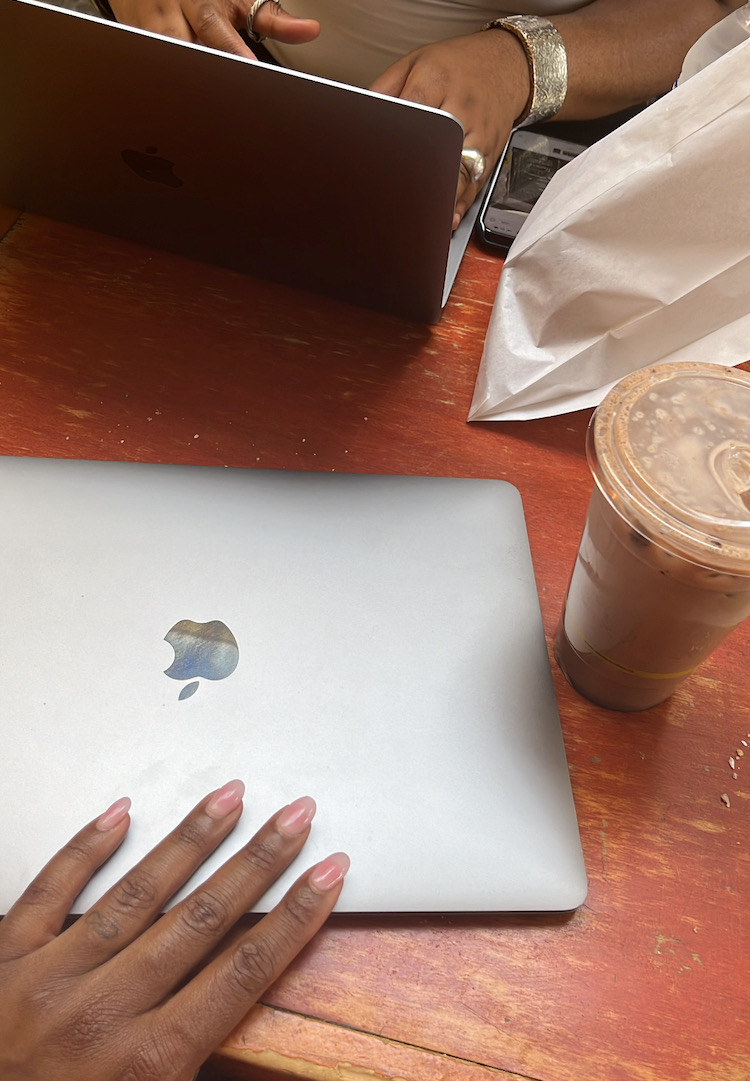How I Got Here: Made For’s Design Director on why you should never be afraid to ask for help
WORDS BY IZZY WIGHT
“Self-motivation is really the key to success.”
Have you ever stalked someone on LinkedIn and wondered how on earth they managed to land that wildly impressive job? While it might look like smooth sailing, there’s no doubt been a heck of a lot of hard work involved in getting there.
So what lessons have been learnt and what skills have proved invaluable in getting them from daydreaming about success to actually being at the top of their industry?
Looking for a new 9 to 5? Head to our Careers page for new listings daily.
Welcome to How I Got Here, where we talk to people who are killing it in their respective fields about how they landed their awe-inspiring jobs, exploring the peaks and pits, the failures and the wins, and most importantly the knowledge, advice and practical tips they’ve gleaned along the way.
This week we’re delving into the career journey of Cara Stizza, the Design Director and Co-founder of architecture, interiors and project management studio, Made For. After completing both a diploma and bachelor’s degree in interior design, Cara secured a graduate position in commercial building. From there, she springboarded into freelance work before launching Made For with her partner Mitch in 2016.
“Looking back, I think I was just naive enough to take the risk,” she says of starting her own business. “Being so young and relatively fresh in my career gave me the courage I needed to just go for it.” Driven by self-belief and a passion for creative-yet-functional design, Cara has established herself as a figurehead in her industry. Here’s what she’s learnt along the way.
What do you do and what’s your official job title?
View this post on Instagram
I’m the Design Director and Co-founder of Made For. We’re specialists in residential and workplace design, working with clients like Frank Body and Jardan. I founded the business in 2016 and today lead a team of 17 architects and interior designers.
Take us back to when you were first starting out. Did you study to get into your chosen field, or did you start out with an internship/entry-level role and climb the ladder? Tell us the story.
I completed a Diploma of Interior Design and Decoration first. I discovered I loved spatial planning and the architecture of interiors. I then continued my studies with a Bachelor of Interior Design at Swinburne University. I was upskilling myself in the hope of getting a job, which I was lucky enough to secure upon graduating.
My first job was with commercial builders who were specialists in workplace design. I picked up a lot of knowledge from my time spent on site. After a couple of years, I was approached by a client to work on a residential project, which I did outside my regular hours. This project led me to ask myself, ‘Why don’t I try this on my own?’.
I took that leap of faith and started pursuing my own business. Looking back, I think I was just naive enough to take the risk. Being so young and relatively fresh in my career gave me the courage I needed to just go for it.
What challenges/hurdles have you faced getting to where you are now? Can you tell us about one in particular?
View this post on Instagram
In the early days of establishing Made For, the hardest thing was gaining the trust of new clients without an extensive portfolio to back us up. Together with my partner (both in business and in life) Mitch, we worked really hard to build rapport with potential clients. It required sacrifice and self-belief to just keep knocking on doors until we were in the room, so to speak.
The first two years of running a business are a lot of grinding and hard work. Having a partner definitely helped to fast track some of those early wins, but it was still a matter of showing my passion for the work and doing whatever it took to get every job done to the best possible standard.
My number one priority was to not let anyone down, so I basically did whatever I could to make sure I got the project done in the way I set out to. We did a lot of work – some of it for free – to prove our worth. That was a challenging time, but ultimately gave us the foundation we needed to grow.
What do you want people to know about your industry/your role?
Interior design is an incredible industry to flex both creative and strategic muscles. There’s the high-level concept work, which is where all the fun finishes and furnishings come together, and there’s also a lot of client-based collaboration. This means we’re creating spaces that not only look and feel good but that actively help our clients to meet their business objectives.
What’s the best part about your role?
View this post on Instagram
Being in rooms with some seriously inspiring business leaders and founders. The exposure to these people means I get to learn from them, chat to them about their business and absorb so much knowledge just through that collaborative experience. I also really love spacial planning and high-level concept design!
What would surprise people about your role?
I think the amount of technical regulation surrounding interior design would surprise a lot of people. There’s a lot of management that goes on behind the scenes to ensure each project works to the standard set out by Australian regulations.
What skills have served you well in your industry?
The ability to build and maintain good relationships. Every single person you meet along the way can teach you so much. Whether it’s the CEO of a business or the tradesperson installing the light fixtures, these are the people that can also have your back for a referral or offer an extra hand somewhere along the way. Some of our biggest and best projects have been referrals from people we’d have never expected.
What advice would you give to someone who wants to be in a role like yours one day?
View this post on Instagram
Self-motivation is really the key to success. I think that’s true for any business founder, but in the interior design industry – where so much of your success is the result of keeping one ear to the ground and leveraging your networks – it’s possibly even more so.
What about a practical tip?
My dad used to always say to me: ‘Would you rather look like a fool for five minutes or remain ignorant for the rest of your life?’. I’ve applied this approach to everything I do, and I rarely feel like a fool when I ask for help. So much energy can go into stressing about something.
Before you become absolutely defeated, lean on a mentor or a strong professional relationship and ask for help. It’s ok not to know everything all the time (nobody does). The best thing to do is pick up the phone and ask the question. Don’t text or email – make it a phone call, always. People love to help people.
Read the rest of the How I Got Here series here.
Looking to step up to a career in media? Each week we send a wrap of industry jobs straight to your inbox. Enter your details below and we’ll keep you in the loop, or browse current openings here.

